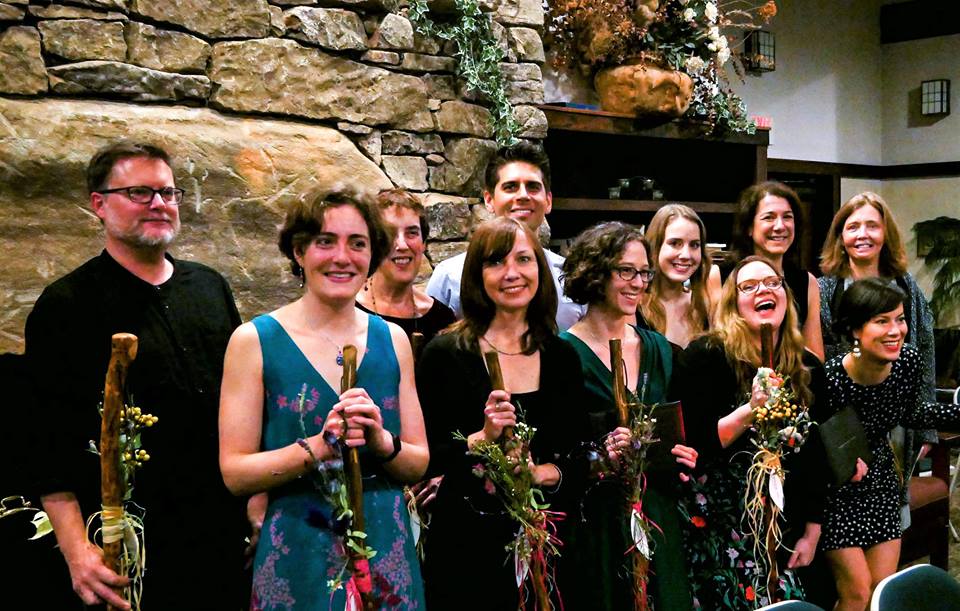Public Lectures: Saturday, January 6
In Canon Lounge, Gladfelter
Saturday, January 6 NINA McCONIGLEY: New Territories: Migration
9:30 AM and Exile
The poet Amit Majmudar says this, “You’ve come of age in the age of migrations./ The board tilts, and the bodies roll west./ Fanaticism’s come back into fashion,/ come back with a vengeance./ In this new country, there’s no gravitas,/ no grace…” This lecture will be about the literature (focusing on fiction with some other genres thrown in) of migration and exile. From the Book of Exodus to Ovid’s Poetry of Exile, writers have long examined what it means to leave one’s country, to migrate to the unknown. We’ll look at how these migrations shape characters into new territories and internal spaces. What does migration and exile mean to us as writers? Any journey that has a geographical and social repositioning asks our characters to reconsider themselves, to examine not only the self, but the other.
We’ll likely look at Moshid Hamin (Exit West), Tayeb Salih (Season of Migration to the North), Agha Shahid Ali (The Country Without a Post Office), W. G. Sebald (Austerlitz), Leslie Marmon Silko (Ceremony), Solmaz Sharif (Look), Vladimir Nabokov (Speak, Memory), and Kiran Desai (The Inheritance of Loss).
Saturday, January 6 MARIANNE BORUCH: Orienteering and Trial
10:45 AM Balloons
This lecture is a pinball machine, a set of shelves, a seed bed, a hoarded basement’s languid mess. Which is to say, it is a five-part invention (Audio, Embarrassment, Spellcheck, Wild Blue Yonder, Shirt) taking on a number of subjects: the beloved particulars of image, rhyme and other kinship sounds, metaphor, lineation, on to various sorts of transformation yet to be named exactly. And anecdotes about hairstyles, airplanes, 8th grade, dark-eyed Juncos, public swimming pools, etc. Plus why we write at all. Eventual reference will be made to the work and continuing presence of Joseph Conrad, Emily Dickinson, Larry Levis, John Clare, Laura Jensen, Jorge Luis Borges, and others. The aim also is to introduce a rather addictive form of literary architecture —I call it the “wee essay”—which is a DIY lyric device of attention crossed by bewilderment that with any luck carries a faint rhetorical aftersound, just enough to bother you and perhaps show what can be managed with fewer words than might be good for you.
Handouts will be provided. No experience necessary but curiosity would be grand.
Public Readings: Saturday, January 6
In Canon Lounge, Gladfelter, 8:15 p.m.
Gabrielle Calvocoressi
Robert Boswell
Connie Voisine
Antonya Nelson



